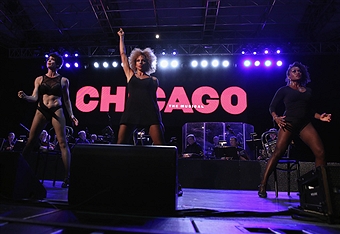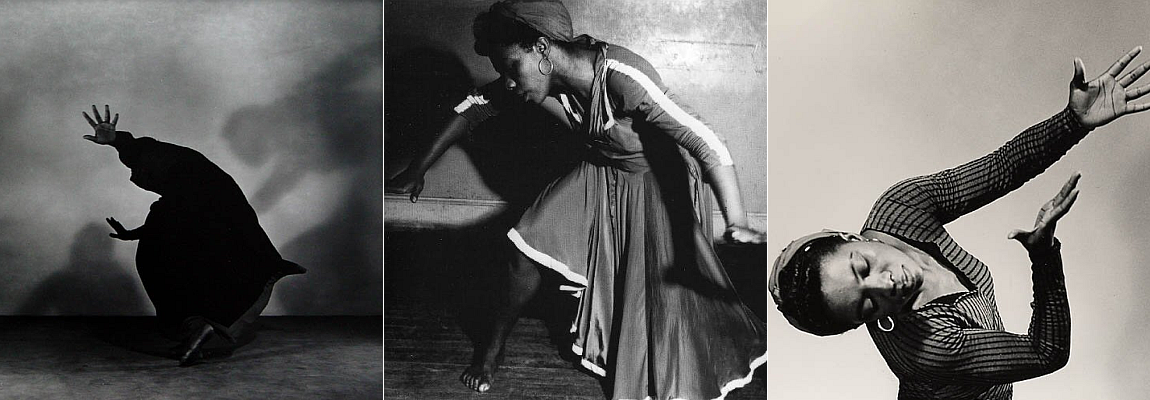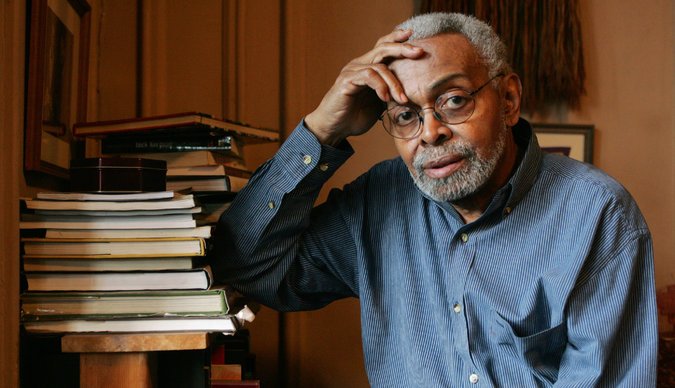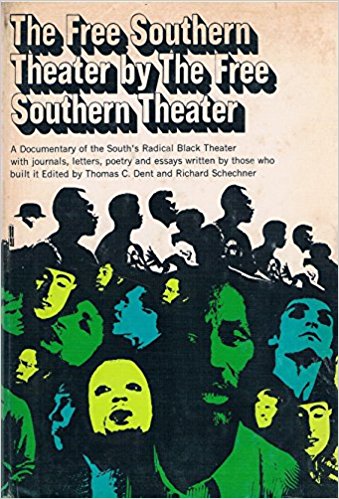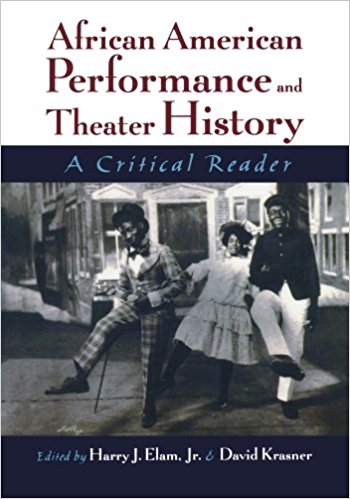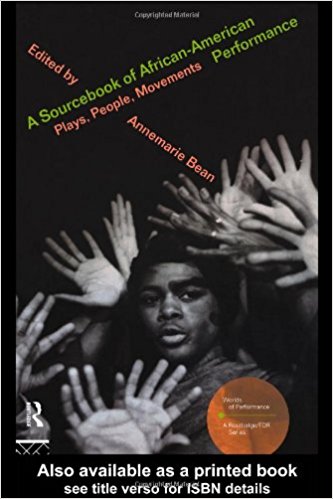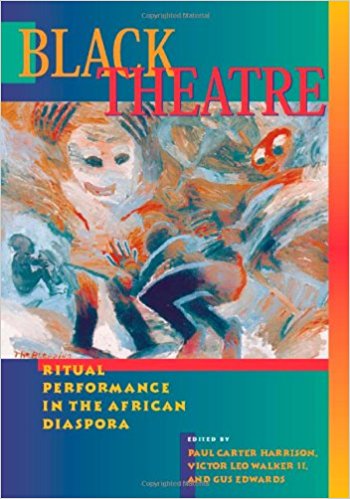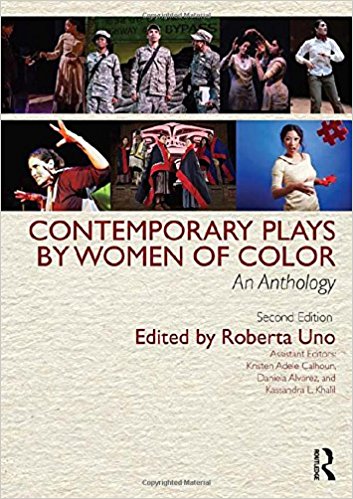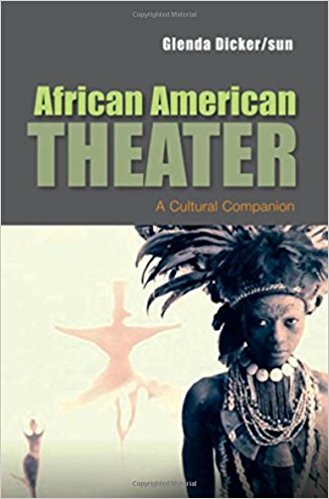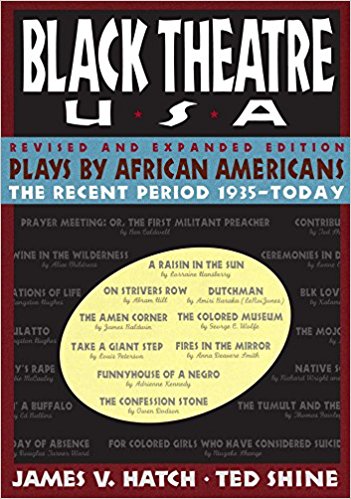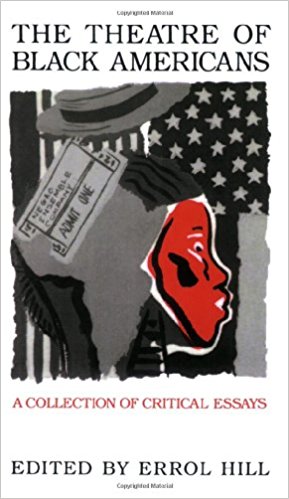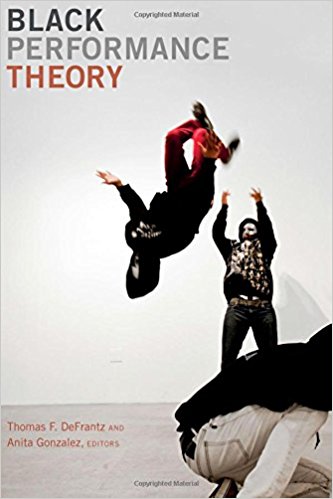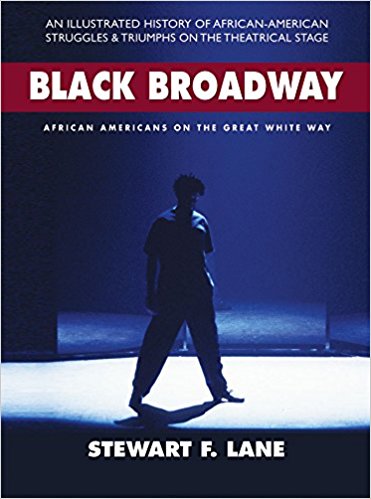Black Broadway and Off Broadway Shows You Must See
“If theatre means anything anywhere, it should certainly mean something here,” Dr. Doris Derby the night the Free Southern Theater (FST) was born.
Founded in 1963, the FST filled a vast cultural and activist void in the deepest Southern states. Dr. Derby, John O’Neal, and Gilbert Moses, organizers with the Student Nonviolent Coordinating Committee (SNCC), theorized that civic organizing necessitated an authentic cultural undergirding.
Their vision brought forth a theatre that was as unique to the Southern African-American experience as blues or jazz—a theatre for free thought, aesthetic beauty, and protest.
FST engaged with churches, developed a linguistic style that aimed to complement grassroots political action with rural culture, and—perhaps most importantly—committed to communities through creative dialogue.
“The Free Southern Theater was a tool, a creative tool, to teach the people that we performed for about what…they are expected to have as American citizens and were being denied in some way,” said FST actor Seret Scott who was interviewed by Michael Lueger for HowlRound’s Theatre History in 2017.
In the ’80s, the FST was reorganized into , a still-active and interrogative company in New Orleans named after a popular and populist, FST storytelling character, Junebug Jabbo Jones, who had been performed by O’Neal.
The New Orleans-based poet-educator-actor-activist Michael “Quess?” Moore, in his published on this site, credits the legacy of the FST, Junebug, and John O’Neal with introducing him to “an alternate world of sorts, where activism met acting” and inspiring his work.
But despite FST’s legacy of inspiring artists and their impact in subsequent iterations, they were struggling to survive as a theatre in an economically oppressed region.
In an interview from 1987 in the Tulane Drama Review, Thomas Dent, who took over as artistic director of FST in 1966, addressed the financial limits the FST faced at the time.
In addition to financial pressure, in ‘66 some of the FST actors and organizers had become philosophically disillusioned, as evidenced in Gilbert Moses’s , and a from Thomas Dent to the FST board of directors in which Dent calls out ongoing and longstanding conflict in the theatre.
Time for a New Southern Theatre
I went down [South] in January of 1969. I was a young, young person and just out of school…these young girls were standing there looking at me and talking to me, because to many of them I looked much the same as they did in terms of how old I was.
And they were talking to me about New York and about Washington, DC, which is where I'm originally from. …I mentioned I had been at the university in New York and that I had left to come down to work with the group and to work with people like them. And there was a silence and one young girl said, ‘You left a college to come down here and be with us to do this?’—Actor Seret Scott
The current political climate of a Trumpian America has rekindled tensions that provoked the FST. Consider the Alabama US Senate election of 2017, when an outright white supremacist, Christian literalist (code for theologically racist), twice-removed judge, and several-times-accused pedophile became the Republican nominee for the office.
The bad news is that the candidate received a sizable percentage of votes and the full support of his national and state political party.
The good news is he lost to Doug Jones—a Democratic candidate who successfully prosecuted white terrorists. “Minority” populations and younger people in university towns–such as Tuscaloosa, where I live now— stood up and said no.
Them Speak: It’s Time to See More Works from Women Writers of Color on Stages Across America
By Sola Chisa Hutchinson and Wesley Frugé
All too recently, we as a nation have been reminded of our country’s easiness with hate and oppression politics. An ugly reiteration of that history that blew up in our faces in 2016 when the country at-large propelled a white supremacist and confessed sexual predator into the office of the president.
But there is another reality, too. And this truth is the presence of a new generation emerging in the American Deep South. This new generation of young people, 83 million Americans under twenty who represent of the US population, demands a new theatre.
Suggested Readings
It is important to consider that perhaps young Southern people are distinctly ready for theatre’s unique functions—forum, debate, and, most critically, a space of community and human alliance.
Dr. Derby makes the case for the relationship between the arts and social justice in an interview by “Quess?” Moore on the fiftieth anniversary of FST’s founding, “When individuals of a similar mindset, purpose, spirit and overlapping goals come together, they can collectively bring the power of critical thinking and creative expression through the arts to assist in and inspire social change, and reveal the need for action for social justice.”
1979 All Over Again
In a 1979 article in The Black Scholar, FST co-founder John O’Neal wrote on the relationship of art and politics, We are responsible for the consequences of our actions. As artists we have an extra responsibility because of the potential impact of our work on others. We cannot choose whether our work will be political. If it concerns any question of consequence, it will be. (If it does not, then it’s a waste of time.) We can only choose sides.
O’Neal’s articulation of the relationship between politics and art is apt in these times too. Perhaps, the South is more at the heart of America than we cared to realize pre-November 2016.
In today’s America, there is a swath of oppressed folks and a younger generation that distinctly belong to the Deep South. And as the election of 2016 proved, it’s not a region that can be forgotten or ignored—in fact, its participation in progress is essential to the health of our nation.
The Deep South needs theatremakers who follow the FST’s theology—the South is where theatre’s unique relevance can survive in this modern age of apps, streaming services, and new media. Theatre is about voice.
The South has shown in more ways than one—through its history of activism, its political change-making, its religious expression (particularly the African-American Baptist church)—that it is uniquely celebratory of live creative expression. The South has a voice.
This piece, "Resurgence in America's Roots Region" by Alex Ates was originally published on HowlRound, a knowledge commons by and for the theatre community, on February 8, 2018.
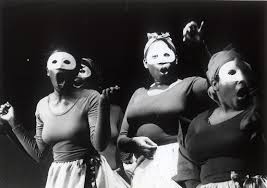
Resurgence in America’s Roots Region: Towards A Cultural Foundation of Activism and Engagement
According to Tom Dent and Jerry W. Ward in “After the Free Southern Theater: A Dialog" published in The Drama Review, FST avoided associating with colleges and universities as best it could to remove the elitist air of theatre. However in 2018, there is a generation of young people that are more likely to go to college and schools and are increasingly aware of their community's socioeconomic needs.
With universities and colleges being more deliberate and conscious about equity after long-term criticism, it is likely that more students are representing oppressed communities in universities than when FST was in operation.
For example, through 2016 and 2017, the University of Alabama (where I now attend grad school), launched a diversity mapping study of the university and generated a report assessing action steps and hired a new vice president to specifically oversee the effort.
While there is a lot of work to do, institutions are now more willing to support authentic community engagement, as the university experience is increasingly common.
“If I were trying to make a touring theatre work again, I would hit the black fraternities and sororities and similar organizations that have national budgets and an alleged commitment to cultural activities,” said Dent in the 1987 interview with the Drama Review.
Organizations dedicated to the enrichment of communities can be powerful allies in artmaking. Having such alliances with rooted and revered organizations can also allow artists to have the tools to engage with communities competently and authentically. Such partnerships go a long way in offsetting the South’s uneasiness with starry-eyed transplant artists.
To activate the potential of the Deep South’s incoming generation, theatremakers will need a small percentage of the courage shown by visionaries of the equitable Deep South to align with the academic and community missions of financially-sustained institutions of the South and invest in the generation's integrity.
Living in the South can make fiscal sense for an American artist. As traditional creative centers become and less reasonable for an artistic life or an equal artist-opportunity landscape, perhaps the South is one of the regions where an American artist can legitimately afford to live while entirely dedicating themselves to a grassroots community and the noncommercial demands of their art.
It took a creativity of thought from the founders of FST to do what they did. We need that same spirit from today’s young theatremakers. As I argued in my 2013 article on this site, there is a lack of creativity in path-making amongst today’s new theatremakers whom I call my peers—too often we rely on knocking on doors instead of opening doors ourselves.
We too quickly putter down exhausted routes instead of carving out our own new routes. When will the new American theatremakers make the new American theatre? Will we continue to bemoan an older generation’s grip of influence on the American theatre or will we subvert the status quo and create our own artistic influence? And what will be the shape, ethics, and mission of the new American model? Whom will we serve?
Interview with Dr. Doris Derby, co-founder of the Free Southern Theater
The A Conversation with John O'Neal
To be clear, there is no romanticizing in this article—the Deep South is complicated, conflicted, and concerning. There is a history and reality of terrorism and violence. There is also a habit of public white supremacy sympathy. As Gilbert Moses wrote in a 1963 letter published in The Free Southern Theater by the Free Southern Theater,
That it [the South] has existed and continues to exist with so many inherent contradictions is incredible–and oddly, an indication of man’s indomitability, but by no means a credit to the human race and its intelligence...I am going to start a theater here...
Undeniably, there are aspects of these states that are scary, ridiculous, and ignorant—though, after the 2016 election, we now know it's not just the South, it's more of America. But, more deserving of attention is how this region is also concurrently an inspiring space—brimming with courage and potential.
Let us honor the intention and artistry of iconic Southern artists such as those of the FST and have a hand in rearticulating America’s most artistically capable (and historically ignored) reality—not for the statistically dissolving generation of stubborn white hate, but the upcoming Southern generation of modern, intersectional America. It is in America’s underseen regions where a contemporary theatre’s relevance can be harnessed—but it is up to new theatre artists to commit to it and carve out its path.
